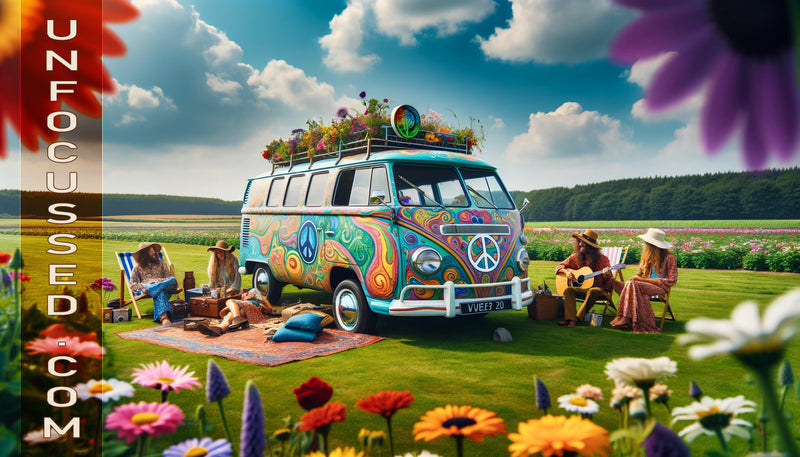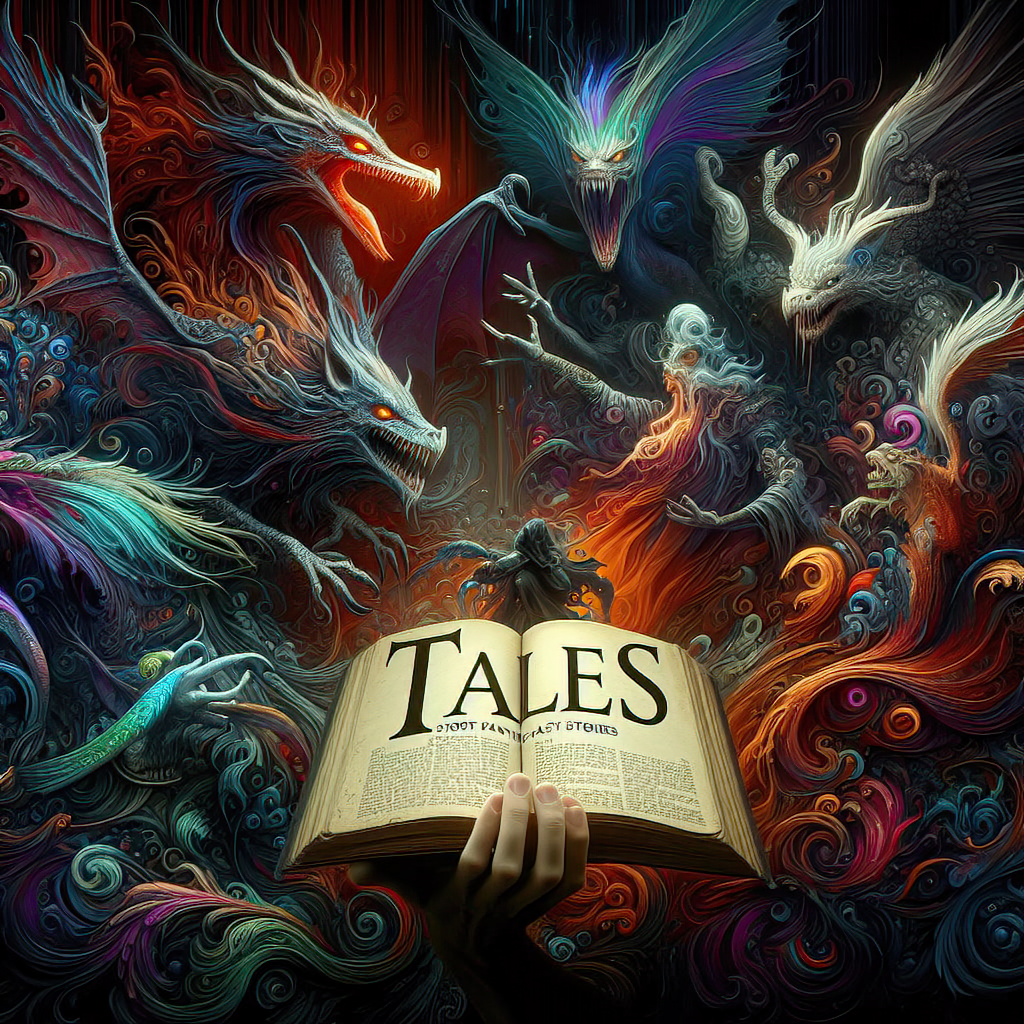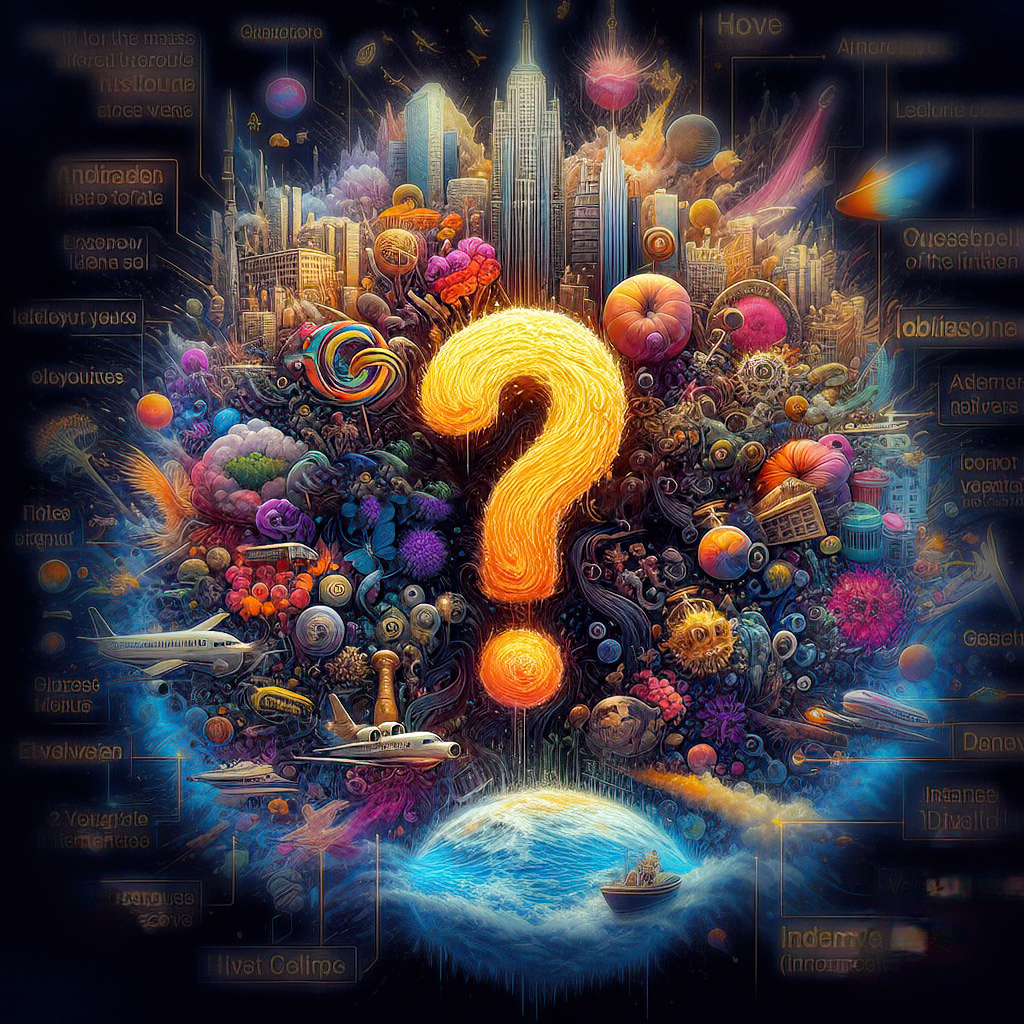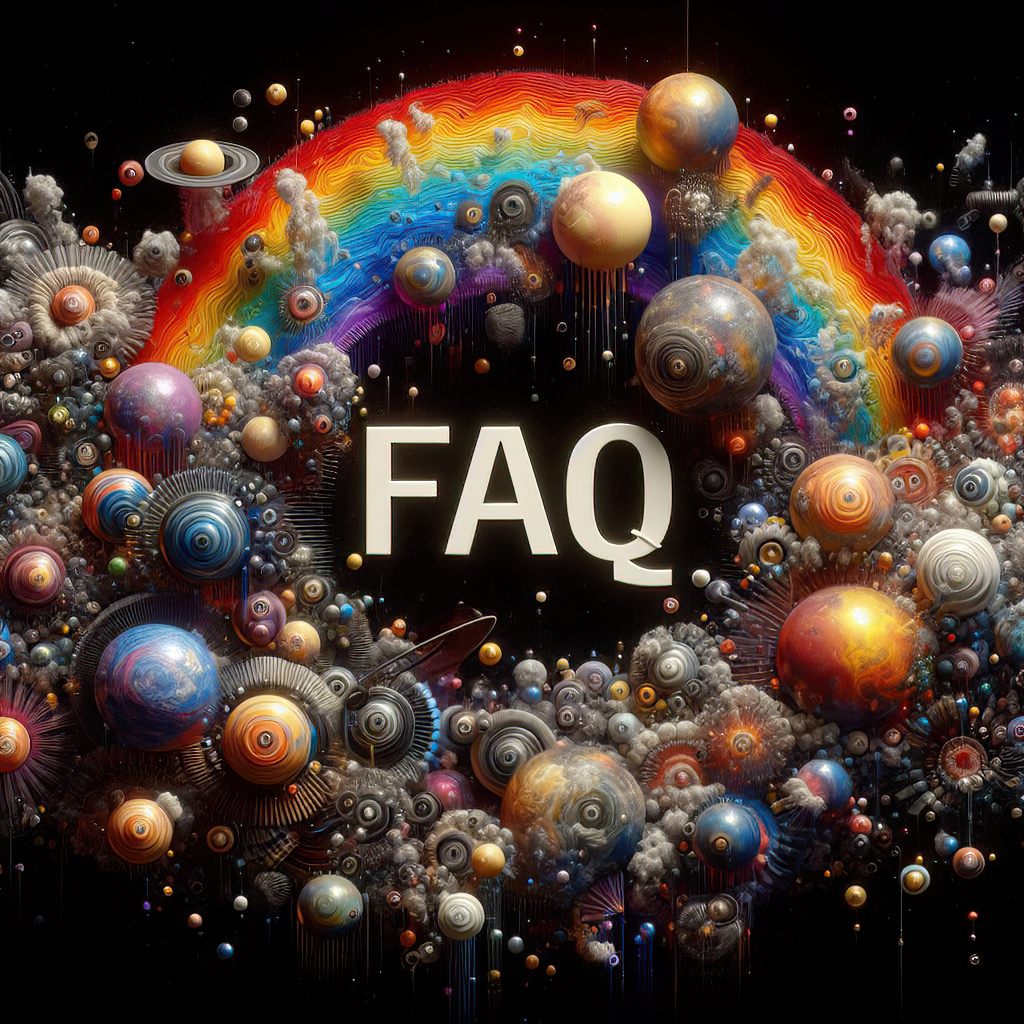
by Bill Tiepelman
10 Things You Didn't Know About Hippies
The hippie movement, a counterculture that started in the 1960s, has had a significant impact on global culture, values, and fashion. However, there's more to this iconic era than peace signs and psychedelic music. Here are ten fascinating facts you might not know about hippies. 1. Roots in Literature The term 'hippie' is believed to have evolved from 'hipster,' a word used in the 1940s to describe jazz aficionados and beatniks. These earlier subcultures were heavily influenced by the works of authors like Jack Kerouac and Allen Ginsberg. 2. Political Activism Hippies were not just about long hair and flower power; they were deeply involved in civil rights and anti-war protests. Their peaceful demonstrations and sit-ins became symbolic of the 1960s civil rights movement. 3. Environmental Pioneers Long before eco-consciousness became mainstream, hippies were advocating for organic farming, vegetarian diets, and sustainable living, laying the groundwork for the modern environmental movement. 4. Musical Revolution The 1960s and early 1970s witnessed a musical revolution that was inseparable from the hippie movement. This era spawned some of the most legendary music festivals, which were not just concerts but expressions of the collective desire for peace, love, and societal transformation. Events like Woodstock, held in 1969, and the Monterey Pop Festival of 1967 were groundbreaking, showcasing a blend of rock, folk, blues, and jazz, and featuring performances by artists who would become legends, such as Jimi Hendrix, Janis Joplin, and The Grateful Dead. These festivals were more than just music; they were cultural phenomena that offered a sense of community and freedom, breaking away from the constraints of mainstream society. They promoted values of peace, love, and harmony, and became symbols of the anti-war movement. The music played and the collective experiences shared at these gatherings helped to solidify the counterculture's ideals and left a lasting legacy on music and culture at large. The fashion, attitudes, and messages from these festivals continue to influence the music and festival scenes today. 5. Technological Influence Surprisingly, several key figures in the development of personal computing and the internet, such as Steve Jobs, were influenced by hippie culture and its values. 6. Global Spread Though it began in the United States, the hippie movement quickly spread worldwide, influencing fashion, music, and lifestyle choices in Europe, Australia, and beyond. 7. Alternative Communities Hippies founded numerous communes and alternative living spaces, experimenting with new social structures and collective living to escape mainstream societal norms. 8. Fashion Innovators Hippie fashion was more than just clothing; it was a bold statement of identity and values, embodying the principles of freedom, peace, and love. This era's style was characterized by bright colors, eclectic patterns, and a mix of traditional and unconventional materials. Bell-bottom jeans, tie-dye shirts, and floral patterns became symbols of a generation that rejected conventional norms in favor of self-expression and individuality. The fashion of the time also included ethnic influences, as hippies incorporated elements from cultures around the world into their attire. This global inspiration reflected their respect for different cultures and the idea of a universal human family. Accessories like headbands, peace symbol necklaces, and beaded jewelry were not just decorative but also carried significant cultural and political meanings. Hippie fashion left a lasting impact on the fashion industry, introducing concepts like upcycling and sustainable fashion long before they became mainstream. Today, many elements of hippie fashion can be seen in contemporary styles, proving the enduring influence of this pivotal time in fashion history. 9. Spiritual Exploration The hippie movement was marked by a profound spiritual exploration that led to the widespread embrace of Eastern religions and philosophies in the West. This curiosity was driven by a desire for personal enlightenment and a break from traditional Western religious structures, which were often seen as rigid and disconnected from personal experience. Hippies turned to Hinduism, Buddhism, and other Eastern traditions, attracted by their messages of peace, inner harmony, and oneness with the universe. Practices such as meditation and yoga, once obscure in the West, became popular as methods of self-discovery and spiritual growth. This was not just a superficial adoption of foreign customs, but a deep, sincere engagement with these practices, leading to a cultural shift that brought concepts like karma, reincarnation, and mindfulness into mainstream discourse. Festivals and gatherings often included sessions of group meditation, chanting, and discussions on Eastern philosophy, helping to cement these practices in the cultural fabric of the era. Today, the influence of this spiritual awakening is evident in the ongoing popularity of yoga and meditation in Western culture. The hippies' spiritual quest helped to break down barriers, fostering a global exchange of ideas and spiritual practices that continues to shape our world. 10. Legacy of Love and Peace Despite the passage of time, the core hippie values of love, peace, and community continue to resonate with many people around the world.







